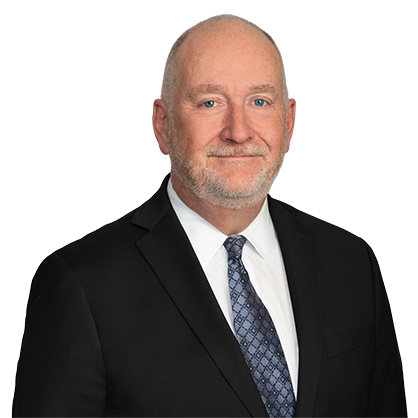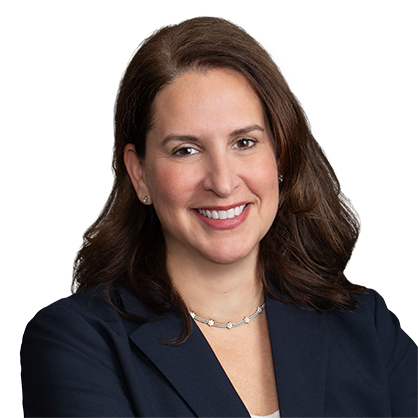Insights
Thought Leadership
Does the Recent Supreme Court Decision On Mandatory Vaccines Apply to All Healthcare Providers?
In reviewing the applications, the Court held, in a per curiam opinion, that the CMS rule fell "within the authorities that Congress has conferred upon" the Secretary. The Court explained that "Congress has authorized the Secretary to impose conditions on the receipt of Medicaid and Medicare funds that 'the Secretary finds necessary in the interest of the health and safety of individuals who are furnished services.'" The Secretary "determined that a COVID-19 vaccine mandate will substantially reduce the likelihood that healthcare workers will contract the virus and transmit it to their patients." Thus, the Secretary "accordingly concluded that a vaccine mandate is 'necessary to promote and protect patient health and safety' in the face of the ongoing pandemic." The Court further noted that "the Secretary routinely imposes conditions of participation that relate to the qualifications and duties of healthcare workers themselves." Therefore, "the Secretary did not exceed his statutory authority in requiring that, in order to remain eligible for Medicare and Medicaid dollars, the facilities covered by the [CMS] rule must ensure that their employees be vaccinated against COVID-19." The Court stayed the orders of the District Court for the Eastern District of Missouri and the District Court for the Western District of Louisiana granting preliminary injunctions pending disposition of the government’s appeals in the Fifth and Eighth Circuits.
Justice Thomas authored a dissent, joined by Justices Alito, Gorsuch and Barrett, which argued that "the Government [had] not made a strong showing that it ha[d] statutory authority to issue the rule." (iii) To Whom Does the Rule Apply? Not all healthcare facilities and providers are covered by the CMS rule. The CMS rule covers the following Medicare- and Medicaid-certified provider and supplier types:- Ambulatory Surgery Centers
- Community Mental Health Centers
- Comprehensive Outpatient Rehabilitation Facilities
- Critical Access Hospitals
- End-Stage Renal Disease Facilities
- Home Health Agencies
- Home Infusion Therapy Suppliers
- Hospices
- Hospitals
- Intermediate Care Facilities for Individuals with Intellectual Disabilities
- Licensed Clinics and Rehabilitation Agencies
- Public Health Agencies as Providers of Outpatient Physical Therapy and Speech-Language Pathology Services
- Psychiatric Residential Treatment Facilities (PRTFs)
- Programs for All-Inclusive Care for the Elderly Organizations (PACE)
- Rural Health Clinics/Medicare Federally Qualified Health Centers
- Long-Term Care Facilities
For more Day Pitney alerts and articles related to the impact of COVID-19, as well as information from other reliable sources, please visit our COVID-19 Resource Center. COVID-19 DISCLAIMER: As you are aware, as a result of the COVID-19 pandemic, things are changing quickly and the effect, enforceability and interpretation of laws may be affected by future events. The material set forth in this document is not an unequivocal statement of law, but instead represents our best interpretation of where things stand as of the date of first publication. We have not attempted to address the potential impacts of all local, state and federal orders that may have been issued in response to the COVID-19 pandemic.





